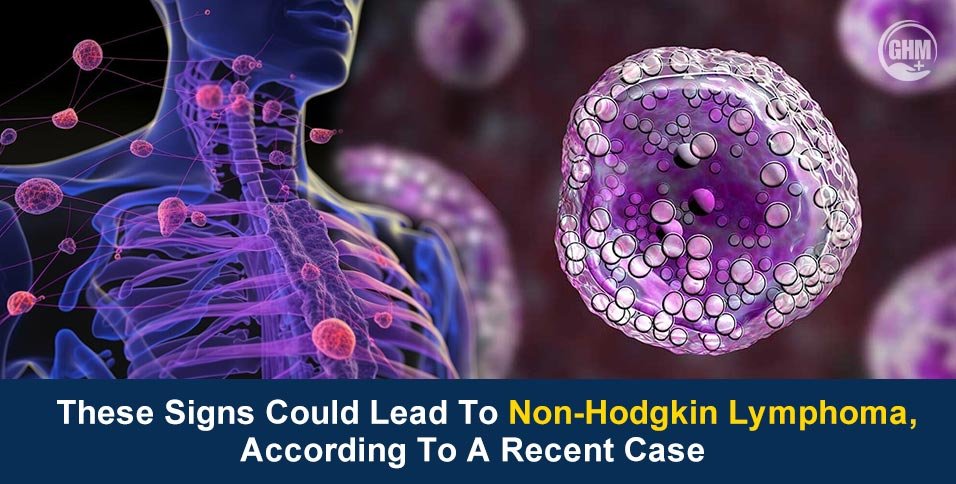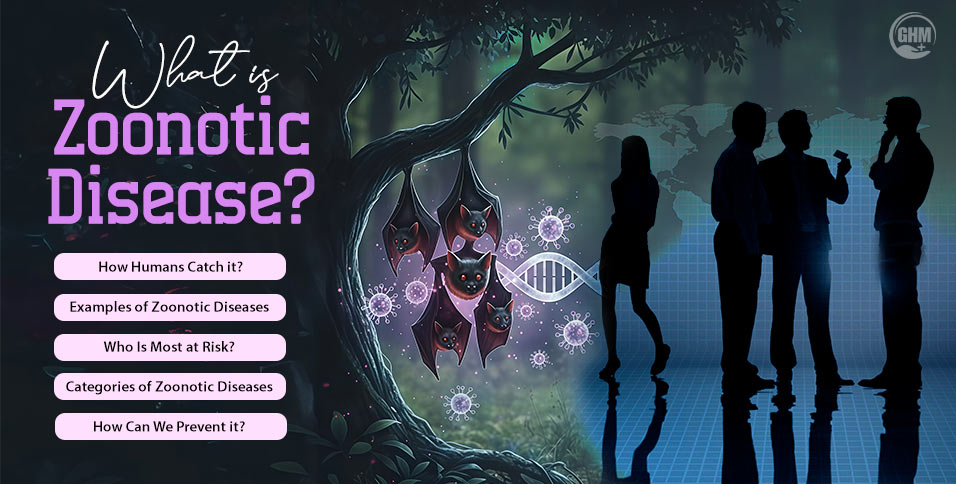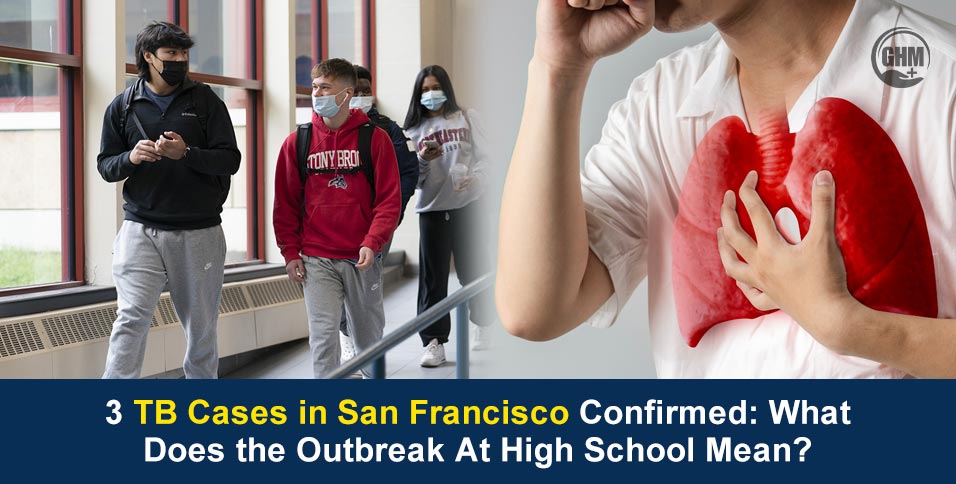When 51-year-old father-of-two Rue Metha from Cheadle began experiencing what he thought was acid reflux, it was a serious illness. Unfortunately, his symptoms turned out to be early indicators of a rare and aggressive form of non-Hodgkin lymphoma (NHL).
Rue’s story is not just about personal struggle, but it’s a wake-up call to recognize the often-overlooked signs of lymphoma. In October, he will be sharing his journey at an inspirational event in Manchester, hoping to raise awareness about this silent disease and encourage others to take persistent health issues seriously.
“I never imagined something so serious could hide behind what seemed like simple acid reflux,” Rue shared. “If my story can help even one person get diagnosed earlier, it’s worth telling.”
A Long Journey to Diagnosis
Rue first began feeling unwell in 2022, experiencing discomfort and digestive issues that were initially diagnosed as acid reflux.
- He underwent an endoscopy and an ultrasound, both of which returned inconclusive results.
- By early 2023, Rue developed lumps in his neck, prompting a biopsy, and again, the results showed nothing concerning.
- A gland was surgically removed, but further testing still failed to identify the cause.
It wasn’t until April 2023 that cancerous cells were detected. Further scans revealed a tennis ball-sized lump in his neck, leading to the devastating diagnosis: an aggressive and rare type of non-Hodgkin lymphoma.
Non-Hodgkin Lymphoma
Non-Hodgkin lymphoma (NHL) is a type of cancer that begins in the lymphatic system, which is a key part of the body’s immune defense. According to the World Health Organization, there are over 60 subtypes of NHL, with varying degrees of aggressiveness.
Key Facts About NHL:
- It is the 8th most common cancer worldwide.
- Around 544,000 new cases are diagnosed globally each year.
- Early symptoms are often vague, leading to late-stage diagnosis.
Unlike some cancers, NHL doesn’t have a single identifiable cause. However, risk factors include a weakened immune system, chronic infections, certain medications, and genetic predispositions.
The Overlooked Signs of Non-Hodgkin Lymphoma
Rue’s case demonstrates how common, non-specific symptoms can delay detection. Many early warning signs of NHL are easily mistaken for minor illnesses or stress.
Here are five symptoms to watch for:
1. Persistent Swelling of Lymph Nodes
- Lumps in the neck, armpit, or groin that don’t go away.
- Rue’s neck swelling was initially misinterpreted as a minor infection.
2. Digestive Issues and Stomach Pain
- Symptoms like acid reflux or bloating may be linked to lymphoma in the abdomen.
- Rue’s first symptom was mistakenly diagnosed as simple acid reflux.
3. Unexplained Fatigue
- Persistent tiredness even after adequate rest can signal a weakened immune system.
4. Night Sweats and Fever
- These are considered “B symptoms,” a red flag in lymphoma diagnosis.
5. Rapid Weight Loss
- Sudden, unexplained weight loss should always be investigated.
Importance of Early Detection
NHL can be treatable and even curable if caught early. According to Cancer Research UK, the five-year survival rate for certain aggressive types of NHL is 70% or higher with timely intervention.
However, late diagnosis often means more intensive treatment, including:
- Chemotherapy
- Targeted drug therapy
- Immunotherapy
- In rare cases, stem cell transplantation
Rue is currently undergoing treatment, staying optimistic about recovery while advocating for public awareness campaigns.
Cancer Diagnosis: A Global Issue
Rue’s experience highlights a broader issue of delayed cancer diagnoses, which is a growing problem worldwide.
- In the UK, the NHS reported a backlog of 7.6 million patients awaiting diagnostic tests in 2025.
- Many cancers, including NHL, are detected at advanced stages, reducing survival rates.
Raising awareness about subtle symptoms and encouraging regular check-ups are key steps in improving outcomes.
Protect Yourself and Loved Ones
Here are some practical steps to reduce risks and catch lymphoma early:
- Stay vigilant: Pay attention to persistent or unusual symptoms.
- Get regular check-ups: Especially if you have a family history of lymphoma or other cancers.
- Ask for second opinions: If initial tests are inconclusive, but symptoms persist.
- Maintain a healthy lifestyle: While it doesn’t guarantee prevention, it strengthens the immune system.
Conclusion
Rue Metha’s journey is a powerful reminder of how easy it is to miss the signs of non-Hodgkin lymphoma. What started as a seemingly harmless case of acid reflux turned into a battle with an aggressive cancer.
By sharing his story, Rue hopes to spark conversations about early detection, patient advocacy, and the importance of listening to our bodies. His message is clear: “Don’t ignore the whispers of your health. They might be trying to save your life.”













